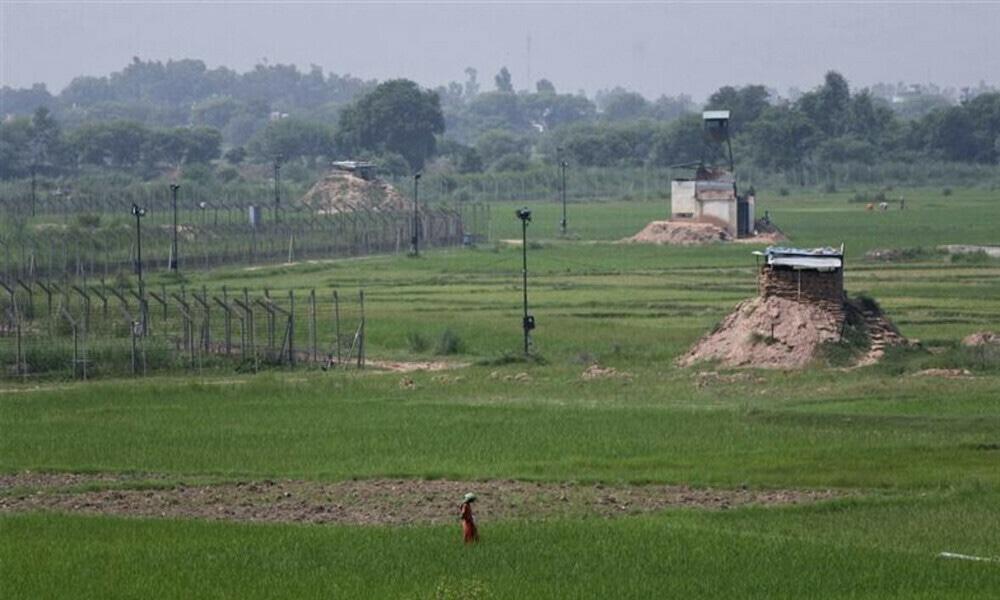
The Provocation
India's latest military strikes inside Pakistan represent a dangerous escalation that has brought the two nuclear-armed rivals perilously close to the brink. The attacks—which deliberately targeted civilian areas, including mosques in Bahawalpur, Muzaffarabad, Kotli, and Muridke—resulted in the deaths of 26 innocent civilians, including children, exposing New Delhi's hollow claims of only hitting so-called "terrorist infrastructure."
Even more alarming was India’s strike on the Nauseri Dam structure of the Neelum-Jhelum Hydropower Project. In a region already grappling with severe water stress, attacking critical water infrastructure is not just an act of aggression—it is a deliberate provocation that flirts with all-out war.
Pakistan’s Restrained but Firm Response
Pakistan’s retaliation has been measured, precise, and fully justified under international law. India’s much-hyped Rafale jets, touted as a game-changer, were neutralized alongside MiG-29s, SU-series fighters, and multiple drones, revealing the limits of New Delhi’s military superiority. This was not mindless escalation—it was a necessary demonstration of Pakistan’s defensive capabilities against an unprovoked attack.
India’s Manufactured War Hysteria
The Pahalgam incident—yet another suspiciously timed "terror attack" ahead of Indian state elections—followed a familiar script:
- Zero evidence linking Pakistan, yet immediate blame.
- No accountability for India’s own security failures.
- Media-fueled war frenzy, with Hindutva ideologues demanding vengeance.
This toxic cycle—seen before in Pulwama (2019) and now repeated—has trapped India in its own rhetoric. Having spent years demonizing Pakistan, the Modi government boxed itself into a corner, forced to act on its own jingoistic posturing, regardless of the consequences.
The Nuclear Red Line
Both nations must recognize the unthinkable stakes:
- India cannot defeat Pakistan conventionally without triggering a nuclear response.
- No "limited war" fantasy exists in this region—any escalation risks mutual annihilation.
The international community must intervene before this spirals further. Another Pulwama-style false-flag, another round of strikes, another tit-for-tat—this cycle must end before it ends us all.
The Only Way Forward: Dialogue, Not Destruction
Pakistan’s restraint should not be misread as weakness. While India bears primary responsibility for de-escalation, the reality of shared geography means war is not an option for either side.
Pakistan’s Imperatives:
✔ Water security = National security—future aggression on dams must be met with unequivocal deterrence.
✔ Strategic restraint ≠ Strategic paralysis—military readiness must match diplomatic resolve.
✔ Economic & diplomatic resilience—India’s hybrid war (economic coercion, propaganda, sabotage) demands a comprehensive counter-strategy.
Final Warning
The world cannot afford another South Asian crisis. India must step back from the brink, abandon its failed policy of coercion, and return to the negotiating table. Pakistan, for its part, will defend itself—but war benefits no one.
The choice is stark: Dialogue or disaster. India must decide before its reckless adventurism pushes this region past the point of no return.


